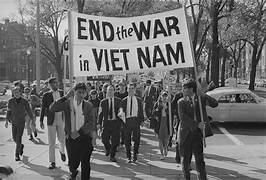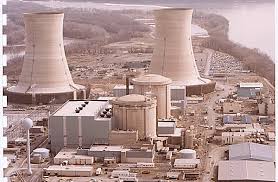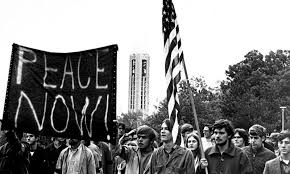On October 20, 1967, the United States witnessed a significant moment in the anti-war movement as thousands of protesters gathered in Washington, D.C., to voice their opposition to the U.S. involvement in the Vietnam War. This demonstration, known as the "March on the Pentagon," marked a turning point in the public's perception of the war and highlighted the growing dissent and activism against the conflict.
The Vietnam War, which began in the mid-1960s, was a highly divisive and controversial conflict. As the war escalated, so did opposition to U.S. involvement, with many Americans questioning the rationale and morality of the war effort. The March on the Pentagon was organized by various anti-war groups, including Students for a Democratic Society (SDS) and the National Mobilization Committee to End the War in Vietnam.
On October 20, protesters from across the country converged on the Pentagon, the headquarters of the U.S. Department of Defense. The demonstration drew a diverse crowd, including students, activists, veterans, and ordinary citizens who were disillusioned with the war and its impact on American society.
The March on the Pentagon was not only a demonstration against the war itself but also a broader critique of U.S. foreign policy and militarism. Protesters sought to draw attention to the human cost of the war, the destruction it caused, and the moral implications of U.S. involvement in Vietnam.
The protest was met with a significant show of force by law enforcement and military personnel. Protesters faced barricades, tear gas, and arrests as they attempted to approach the Pentagon building. The clashes between protesters and authorities were captured by the media, further exposing the divisions and tensions surrounding the war.
The March on the Pentagon was a pivotal moment in the anti-war movement, capturing national attention and galvanizing public opinion against the war. The protest helped to shift the narrative around the conflict, bringing the anti-war sentiment into the mainstream. It also highlighted the power of collective action and peaceful protest as a means of expressing dissent and advocating for change.
The demonstration had a lasting impact on American society and politics. It contributed to the growing momentum of the anti-war movement, inspiring further protests and activism across the country. The March on the Pentagon also influenced public opinion, leading to a decline in support for the war and increasing pressure on political leaders to reconsider U.S. involvement in Vietnam.
The legacy of the March on the Pentagon can be seen in the subsequent anti-war movements and the eventual withdrawal of U.S. troops from Vietnam. The protests played a role in shaping public discourse and pushing for policy changes that ultimately led to the end of the war.
The March on the Pentagon demonstrated the power of grassroots activism and the importance of civic engagement in shaping the course of history. It showcased the determination and commitment of the protesters who believed in their cause and were willing to take a stand against an unjust war.
The October 20, 1967, March on the Pentagon remains a significant event in American history, representing a critical moment of dissent and protest against the Vietnam War. It serves as a reminder of the power of collective action and the capacity of citizens to challenge government policies and drive social change.






